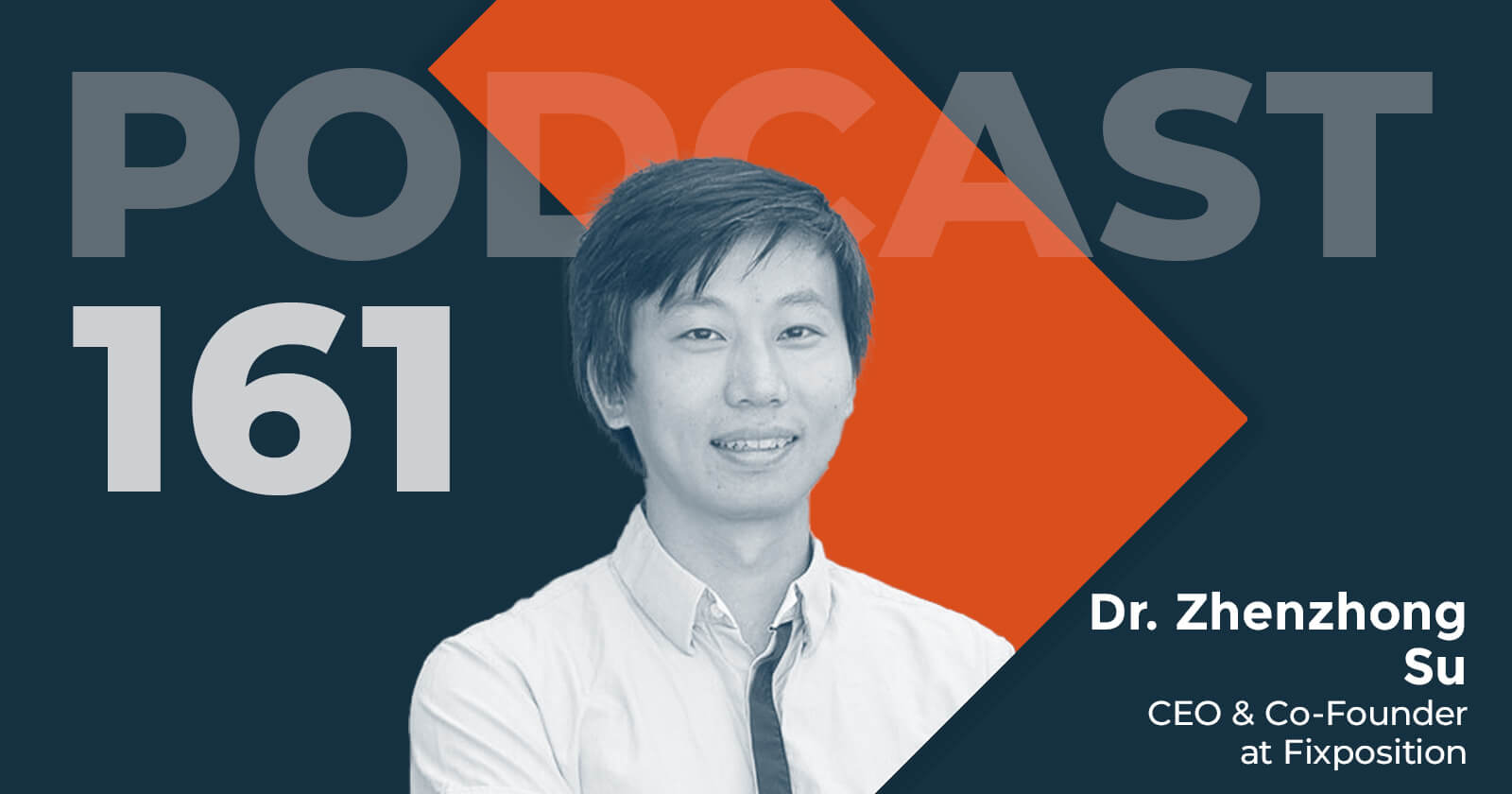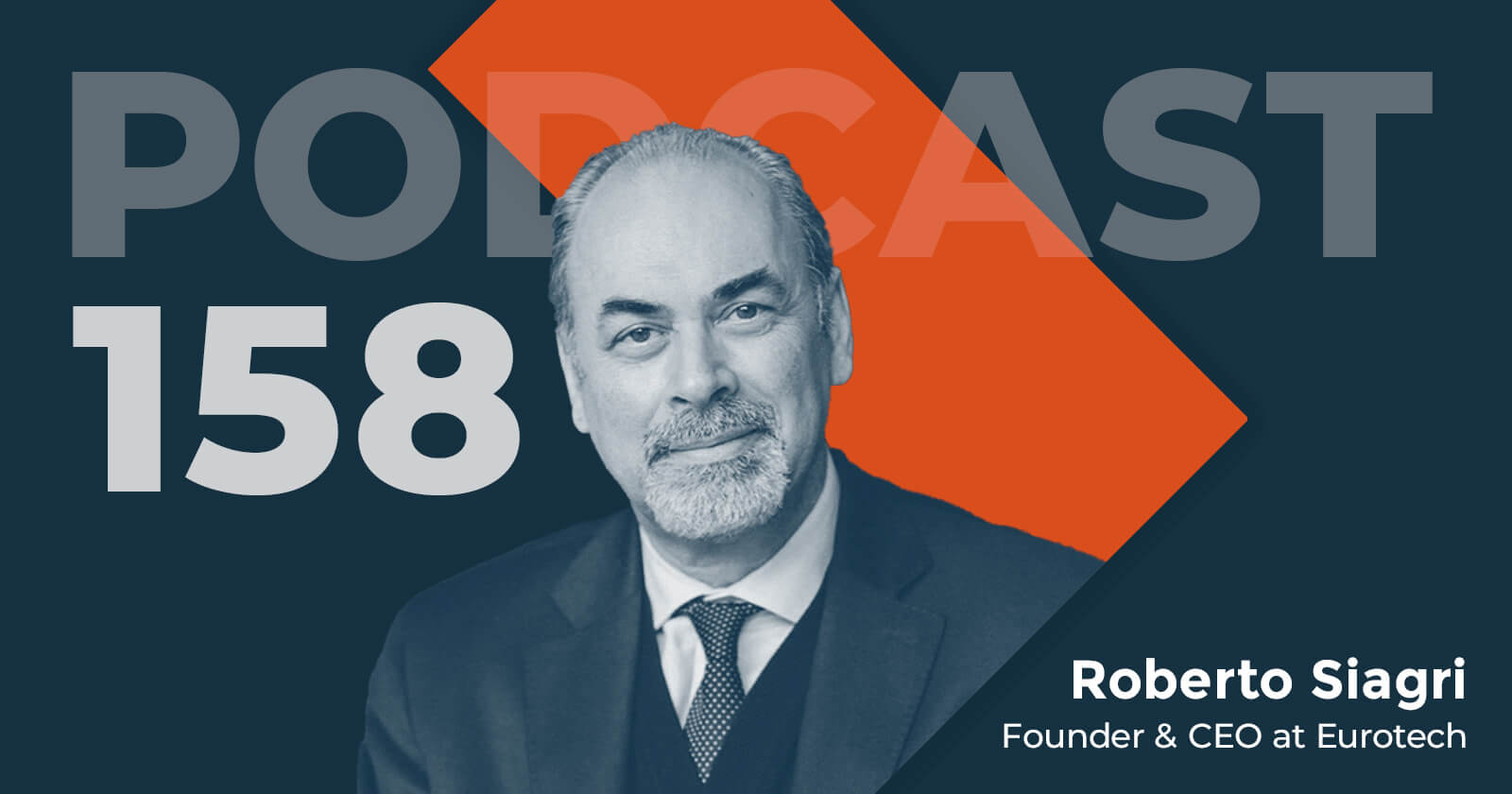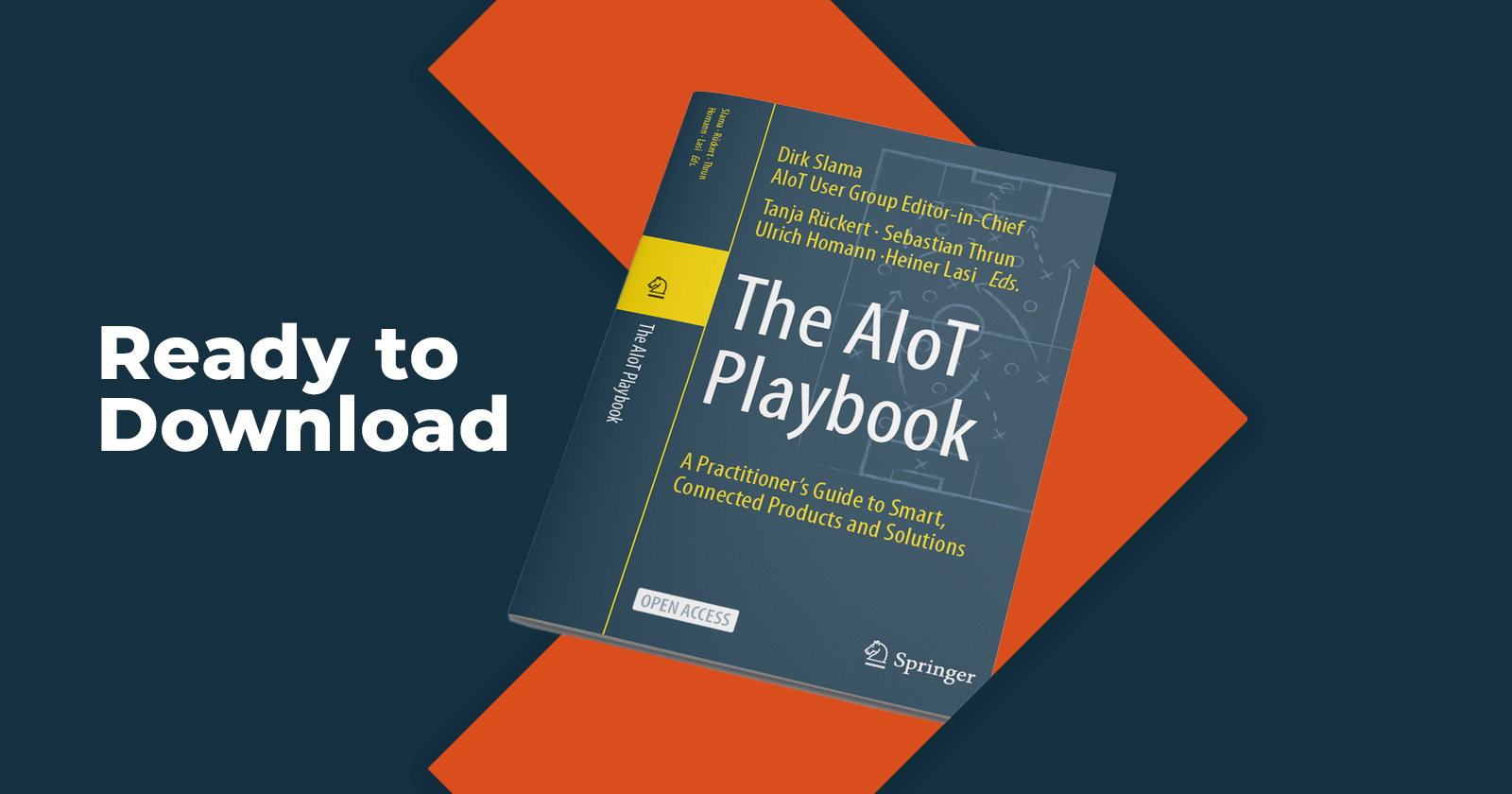Insight Vector: Cisco's Journey to Digital Transformation (Part 2)
Ed Maguire

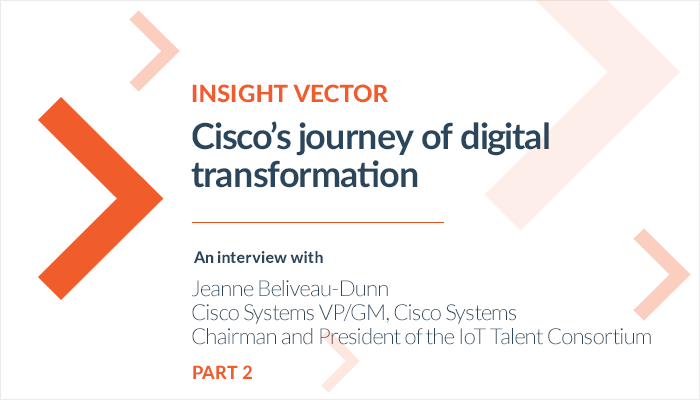 Innovation and market perspectives from leading IoT thought leaders
Innovation and market perspectives from leading IoT thought leaders
In the first part of our interview, Jeanne Beliveau-Dunn shares the challenges that Cisco faced in preparing for the incoming wave of connectivity bought on by the Internet of Things. She discusses the development of the “Internet of Everything” strategy and the learnings for Cisco and their customers. In Part 2, Jeanne details the need for in-house skill development, the obstacles that prevent successful IoT adoption and the impact of IoT and digitization within different industries.
|
|
Jeanne Beliveau-Dunn Cisco Systems VP/GM, Cisco Systems |
Q&A
How do you help find people for new types of roles?
You can’t just go out and acquire the talent that have these new, in-demand digital skills. You have to develop skills in-house, and you need vision and a system for continuously up-skilling your people. Companies like Cisco invest in helping people to “skill up”. Cybersecurity is a great example – most people won’t move on their IoT initiatives until they have security figured out.
We take pragmatic views of our talent’s skill sets based upon a real day in the life of these skills, then step forward into advanced topics for the future, which prepare folks for most real world scenarios. These scenarios are simulated through our renowned education and certification services. The goal is to enable customers of the program to think through the challenges versus memorize facts.
Data analytics, industrial automation, cloud, networking, programmability, security and many other topics are covered in our education program. Our interactive digital training programs teach thousands of courses at great scale.
One thing we have learned about gaining competitive advantage when you are breaking new ground in an industry is that you start from a goal of providing leadership right up front. Twenty-one years ago we had only 100 or so partnerships, and only a thousand’s vs millions of skilled talent that was needed to grow the industry. We started the Learning@Cisco organization to address this and to his day, it is a huge competitive advantage for Cisco in leading the industry and solving for building the talent that the industry needs. From there we formed the IoT Talent Consortium to bring together other like-minded companies willing to lead and build capability at all levels of the organization and wanting to share best practices in executing digital strategies and changing culture.
As the industry moves forward. Innovation will be key to success and people are the first challenge in driving innovation. Having the right talent and leadership strategies will be critical for any organization’s success.
What are the obstacles you see to successful IoT adoption? A study earlier this year saw that nearly three quarters of IoT products did not move past proof of concept stage.
The reality is that IoT work is hard. People have to be realistic about the journey and the milestones and play out a path that allows quick wins and early success. Likewise, you cannot do just the superficial things. The early wins are the easiest. It gets difficult and takes more time as you then start to go deeper into the embedded systems (ERP, Products, Services, Commerce) and create the threads of connection between the front line or edge data (things, phones, websites) and the back end systems that drive your business. There is a lot of hype about how companies need to “fail fast” and seek quick wins. While this is true to a degree, to create immediate momentum, thinking and investing ONLY for the quick wins leads to sub-optimal results, not the desired business outcomes that every organization seeks to achieve through digital transformation. Even for pure digital startups, it takes a good decade to be relevant in an industry. It does not matter what business model it is it.
Where do you see real changes as far as industries?
Beyond the tech companies and the origination of special-purpose IoT in the military, the big movers and investors continue to be retail, automotive and industrial manufacturing. Services industries and publishing are also highly committed to digital and these industries are going through tremendous change.
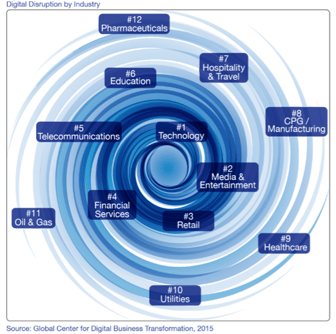 |
In the automotive industry, Tesla set the new standard for digital cars. These days, we’ve seen a shift in thinking as people think about their cars as computers on wheels, which changes the entire business model. With these advances, every car company is trying to figure out how to provide a great experience even in a world of shared transportation services versus direct ownership of cars. This drives higher level thinking in terms of what this means for the car experience. We are doing a lot of work on smart connected communities or cities. Cisco is involved with more than 450 of these installations around the globe that are most prominent. Cities are competing for investment and location preference with companies and it matters. The tax basis fuels the ability to invest in the future and provides the ability to delivery great city services and attract the best talent. |
I am also on the board of directors with a company called Xylem Inc. (a Momenta client) that understands the transition from making water pumps to delivering Smart Water solutions. This is another area of change and growth as well as developing new business models. Sustainable water and other energy will continue to be a big driver of digital solutions to help cities and companies improve quality and availability, lower cost and improve revenues.
Are there are any books that stand out to you?
The Future of Everything is a good read. I also like reading on very specific topics, like Gerd Leonhard’s Technology versus Humanity, which talks about how the choices of technology change our underlying humanity, and he’s a terrific speaker. If you want to look at industry and corporate applications of digital, Digital Vortex is another good reference point. My own book, I’m the Boss of Me, is about how to manage your career path through these exponential changes taking place across the industry, and how to thrive through those changes.
To learn more about how IoT can unlock value within your industry, contact us at Momenta.


